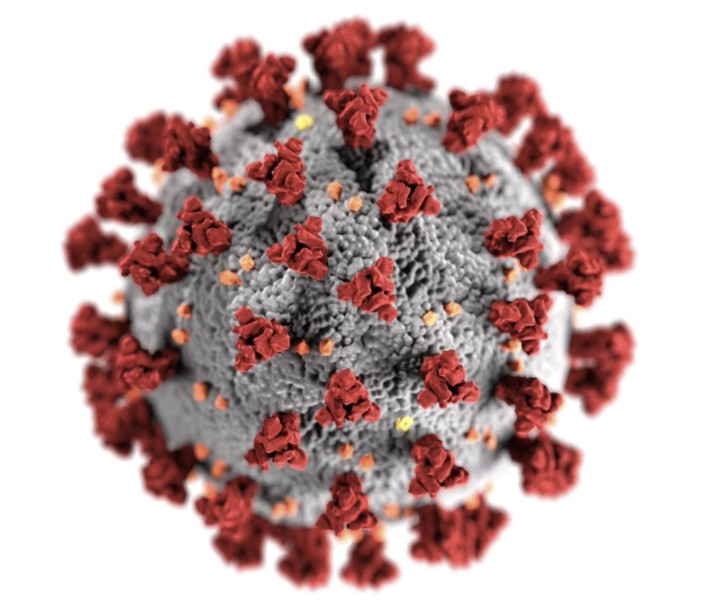The COVID-19 pandemic is an ongoing global pandemic caused by severe acute respiratory syndrome coronavirus 2 (SARS-CoV-2). In the past two years several variants have emerged that are spreading globally, with the most notorious one being the Delta and Omicron variant.
The newly discovered Omicron variant was first reported to World Health Organisation (WHO) from South Africa on 24th November 2021. On 26th November, WHO declared it as a variant of concern due to its highly transmissible nature. As of 16th December 2021, the Omicron variant has been identified in 89 countries across all six WHO regions. On 17th December, WHO published a report on the Omicron variant with summaries of latest scientific research.

Figure 1: SARS-CoV-2 3D Model
Transmissibility of the omicron variant
Consistent evidence has shown that Omicron variant is more transmissible in general population compared to all previous variants, including the Delta variant. In countries with active community transmission, it only takes Omicron variant 1.5 to 3 days to double the number of people infected. Delta variant, however, would take 14 days.
Even in countries with high level of vaccine coverage, Omicron is still spreading rapidly. Given the current data, Omicron will eventually outpace Delta to become the main variant worldwide.
Severity of omicron variant’s infection
Unfortunately, WHO did not specify how severe Omicron infection would be compared to other variants of interest. Hospitalisations in UK, Australia, South Africa are on the rise again. Given the rapid increasing case numbers, many healthcare systems may become quickly overwhelmed. Asian nations like Singapore has ramped up capacity in hospitals and ICUs to prepare for the potential surge.
Vaccination effectiveness against the omicron strain
Preliminary data over the past weeks has indicated there is a reduction in neutralising antibody titres against Omicron in people who have received one vaccine dose or in those who had previous COVID infection.
In light with the current situation, government across the world has urged people to get the booster shot after either 5 or 6 months of the second COVID vaccination. Moderna has said its booster works against Omicron in tests, raises antibodies 37-fold. Pfizer has published similar statement saying the third dose could enhance antibody concentration by 25-fold.
Testing accuracy
The diagnostic accuracy of routinely used PCR and antigen-based rapid diagnostic test (Ag-RDT) assays does not appear to be impacted by Omicron. The newly developed saliva RDT by scientists in Singapore could work equally well against Omicron variant. People are always encouraged to get tested if symptoms occur, or if identified as close contact.
Treatment for infection by the omicron variant
Medications for patients with severe COVID-19 symptoms are effective against the Omicron strain. However, some antibody-based medication developed against previous variant may have decreased effectiveness against this new strain and variant.











